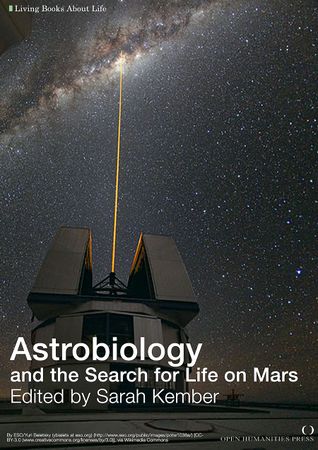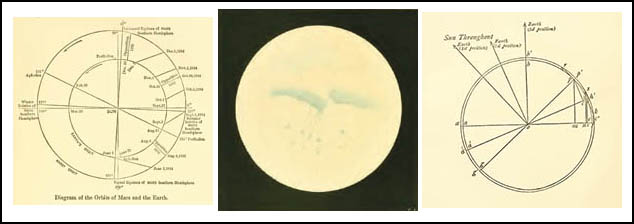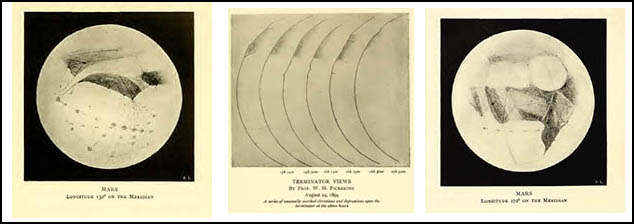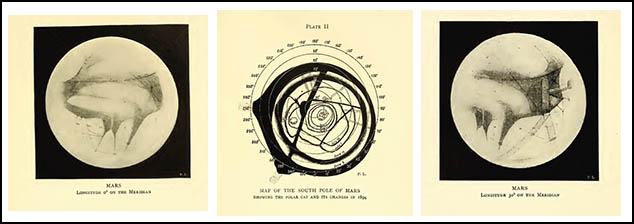Astrobiology

and The Search for Life on Mars
edited by Sarah Kember
Introduction: What is Life?
J. B. S. Haldane (1949) and Erwin Schrödinger (1944), two of the twentieth century’s most influential scientists, posed the direct question, ‘what is life?’ and declared that it was a question unlikely to find an answer. Life, they suggested, might exceed the ability of science to represent it and even though the sciences of biology, physics and chemistry might usefully describe life’s structures, systems and processes, those sciences should not seek to reduce it to the sum of its parts. While Schrödinger drew attention to the physical structure of living matter, including especially the cell, Haldane asserted that ‘what is common to life is the chemical events’ (1949: 59) and so therefore life might be defined, though not reduced, to ‘a pattern of chemical processes’ (62) involving the use of oxygen, enzymes and so on. (more)
'Here are phenomena that are passing strange'
- Percival Lowell
- Mars
- H. G. Wells
- The War of the Worlds
'An aroma of actuality' - Lowell vs. Wallace on the Nature of Knowledge and Life
- Percival Lowell
- Mars and Its Canals
- Alfred Russell Wallace
- Is Mars Habitable?
From Martians with- to Martians as- Microbes
- Percival Lowell
- Mars as the Abode of Life
- Gilbert V. Levin
- The Labeled Release Experiment – Past and Future
Alien Communication
- NASA
- Voyager: Sounds of Earth
- SETI-X
- Scrambles of Earth
What is life?
- Chris P. McKay
- What Is Life -- and How Do We Search for It in Other Worlds?
- Y. N. Zhuravlev, V. A. Avetisov
- The Definition of Life in the Context of Its Origin
Astrobiology from the Perspective of Sustainability
- Pabulo Henrique Rampelotto
- Resistance of Microorganisms to Extreme Environmental Conditions and Its Contribution to Astrobiology
- Seth D. Baum
- Is Humanity Doomed? Insights from Astrobiology
Afterword
- Sarah Kember
- Creative Evolution?: The Quest for Life (On Mars)



